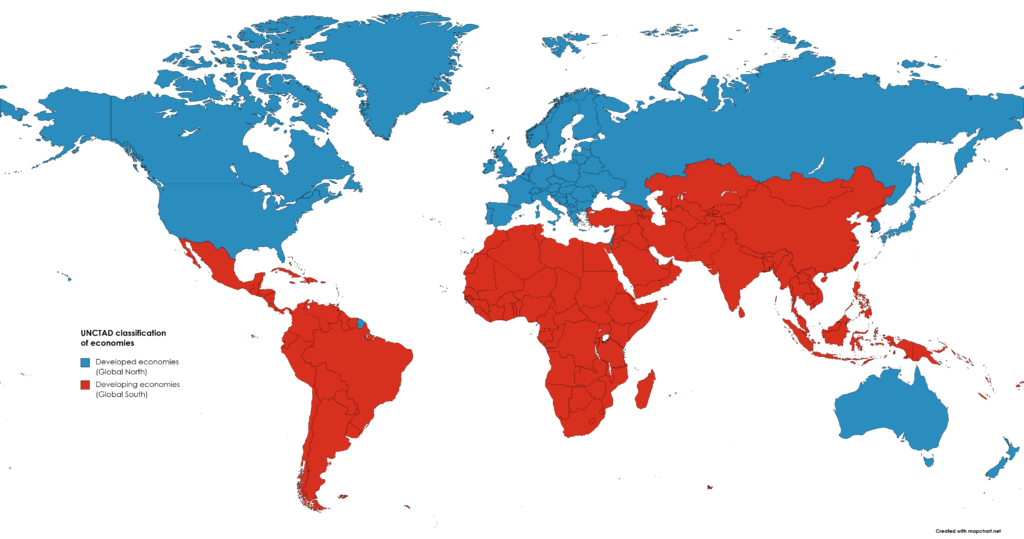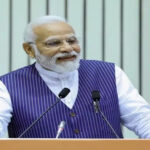By Dr. B K Kango
Tamil Nadu Chief Minister M K Stalin and Karnataka Chief Minister Siddaramaiah have both opposed the delimitation exercise due in 2029. Census 2021 has to be completed by then. COVID-19 and the government’s attitude to the caste census, had held up the census. Delimitation process was needed because of the rise in population.
In 1976, with the emphasis on family planning, it was decided that the delimitation exercise could be postponed for another fifty years.
The 50-year period has ended. So, the Karnataka Chief Minister’s call that the 1971 Census should be taken as the base for a new delimitation exercise. Even otherwise, a census has to be conducted every 10 years. Like in 1981, 1991, 2001 and 2011. The next one was due in 2021.
Census data shows that because of several factors, population growth in the southern states was much less than in the northern states, particularly in the politically crucial Hindi-heartland states of Uttar Pradesh, Bihar and Madhya Pradesh.
Other development indices like mortality of child and mother, mortality itself, average survival age of a person, etc., are better in most southern states.
These facts are revealed in a book ‘South Vs North’ by Nilakantan RS. India faces a crisis of federalism, which the Chief Ministers of Tamil Nadu and Karnataka have pointed out. At the same time, Union Home Minister Amit Shah has said that not a single seat would be lost by the South from delimitation.
The present Parliament structure demonstrates that northern states have more seats than the south. Hence, there is a valid fear that if only population growth is the criteria, even if the seats of the southern states are kept constant, the increase in the seats of northern states will allow them to dominate Parliament at the cost of the south. It is clear from the census that population growth has been more in the north than in the south.
The delimitation process is cleverly and unnecessarily linked to women’s reservations by the BJP government. It seems to be a clever ploy to blame southern states for any delay in the delimitation process by accusing them of stalling the women’s reservations.
To dominate all the states through its slogan of ‘Hindi, Hindu, Hindustan’, which continues to be the vision of the RSS-BJP combine, the BJP had raised the slogan ‘Abki baar 400 paar’ for numbers needed to change the Constitution. However, Indian people understood the game and foiled their plan.
When the Janta Party came to power in 1977, they had only marginal South seats but managed to be the central power. After three years in power, Janata party got dissolved in 1980 as Jana Sangh came out of Janata Party. Jana Sangh became BharatiyaJanata Party along with the members of erstwhile Jana Sangh. Reconvening to form the modern day BJP, organised the split group of this Janta Party of 1977.Later it built up the Ram Mandir movement and communalised Indian politics, which led to communal riots in many states.
However, with the support of corporates and upper castes well entrenched in bureaucracy and judiciary, in the name of the revival of Hinduism, it managed to be in the majority in 2014 and 2019 and retain power in 2024.The RSS chief said India got its real freedom after constructing the Ram Mandir in 2023. Thus, the aim of declaring India a Hindu Rashtra is very much there for everyone to see.
This is against the spirit of secularism or ‘Unity in Diversity’, an essential part of our Constitution. Thus, the BJP’s vision of dominating states and diversity through domination by increasing the number of seats in Parliament through delimitation is not only a challenge to federalism in India but to the spirit of the Constitution.
In his book ‘South vs North’. Nilakantan RS has given facts about how uneven development has occurred in India. Based on the current population rate, the proposed delimitation process is likely to punish the developed Southern states and reward ‘Bimaru States’ or states that have lagged in development.
After the linguistic reorganisation of states, except states like Uttar Pradesh and Madhya Pradesh, most states were formed based on language and culture, but few states remained for administrative convenience. This also has created problems.
In a democracy based on an adult franchise, a simple majority is needed to win the elections. However, caste, religion, language, and culture influence individual choices; hence, the concept of adult franchise becomes problematic.
In addition, the role of money is becoming an essential factor which also needs consideration. Therefore, there are fault lines in a democracy. Hence, while formulating a just policy, unity in diversity concerning democratic traditions is equally essential. Centralisation in such a situation will be counterproductive given the diversity of the Indian nation.
BJP bulldozes on differences through centralisation of power. The delimitation process is a ploy to reduce the political representation of the southern states and produce a permanent majority for the northern states. This is a danger to Indian democracy and it must be resisted with facts to defend real democracy and cooperative federalism.
Strengthen federalism through decentralization to preserve unity of nation. This seems to be the approach of RS Nilakantan as outlined in “North Vs. South”.
Many including MK Stalin, Chief Minister of Tamil Nadu, are demanding that Census 1971 be used for the delimitation process. A few have even argued that the process should be postponed and the figures of the 2031 Census be used. However, this does not solve the fundamental problem created by uneven development. Developed states feel this will create problems for the unity of the nation.
RS Nilkantan has proposed that we must reform our electoral system based on the Anglo-Saxon model of first past the pole. He has proposed that along with this, a system of proportional representation by allotting seats to the parties on the basis of votes polled should also be tried. Similarly, by giving details as to how the distribution of finances from Centre to the state is unfair and developed states are given raw deal.
The colonial masters since 1860 have encouraged centralisation of finances and subsequent governments after independence have continued with the trend. Under the BJP government and introduction of GST this is further consolidated and most states ruled by opposition parties are complaining of step-motherly treatment and transfer of finances to them is delayed. This needs to be addressed through more power to the states and countering centralisation of finances through decentralization is what the author has proposed.
In short, the apprehensions generated due to the proposed delimitation process in the year 2029 have to be addressed and this can be done by strengthening federalism and decentralisation of finances. It is claimed that the Centre needs money for defence and foreign affairs but as per data, expenditure for this has never exceeded 5 percent of GDP. (IPA Service)

 Saving Prime Minister Modi’s Guarantee Mahila Samriddhi Yojana
Saving Prime Minister Modi’s Guarantee Mahila Samriddhi Yojana 